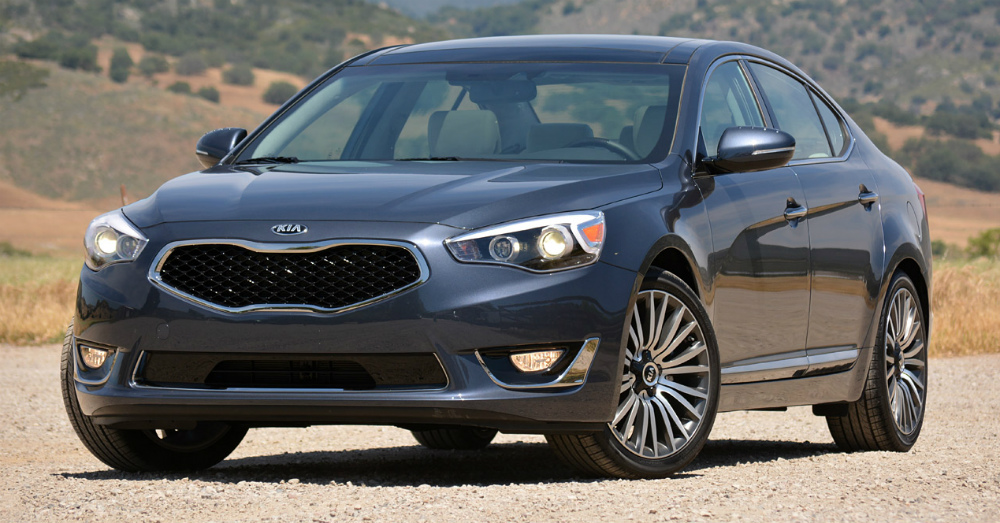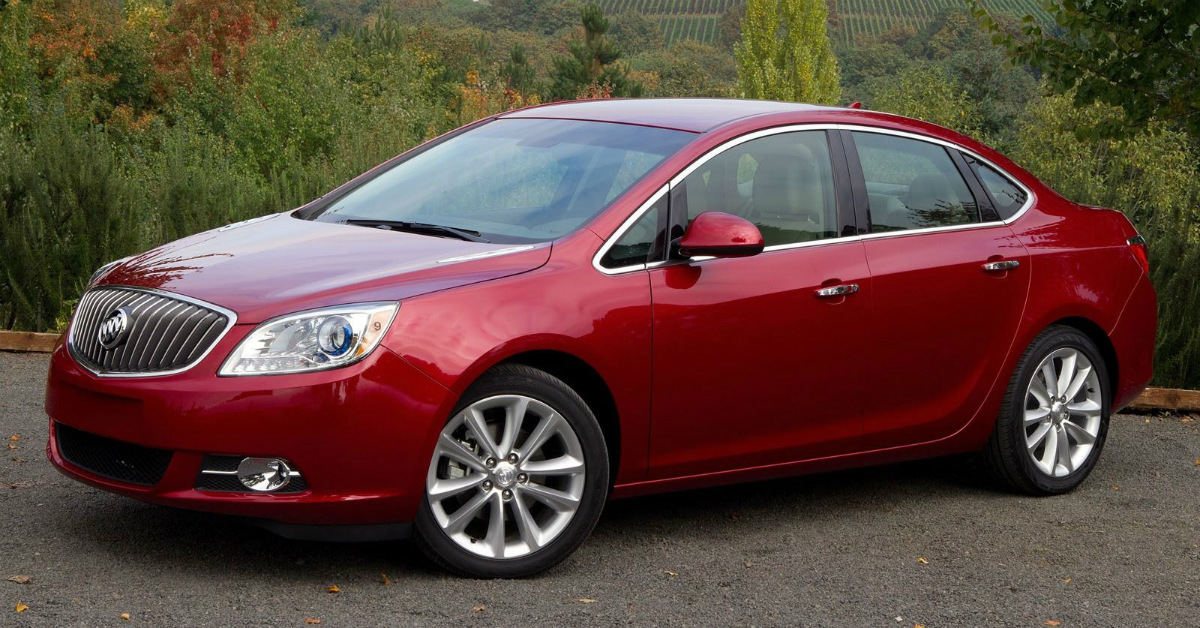
Fully Autonomous Vehicles are Still at Least a Decade Away
A vehicle that can drive itself and navigate the entire way from one place to another can certainly give you additional time each day as you would not have to navigate the daily challenges of your commute. Even though much of the technology to do this is already present, and some car companies are already testing their own version of an autonomous vehicle, the technology is still very raw and the security is not where it needs to be in order to offer fully autonomous vehicles to the public just yet.
We already have several technologies in place to help make driving easier and provide a menu of great safety devices in order to keep the vehicle positioned properly on the road. These features include such excellent items as self-parking, lane keep assistance, collision mitigation and adaptive cruise control. These technologies certainly are the beginning of where any company needs to start in order to have a fully autonomous vehicle, but it’s not where the conversation ends. Seeing how far away we are from these vehicles becoming a full reality is a little frustrating, but also gives us the hope that the technology will develop to make these cars a reality.
Cost is one of the main concerns. As with any new technology the cost starts very high and then works its way down. The LiDAR system currently being tested and used to measure distances and mapping of different areas is large and expensive and looks like some odd hats on top of the vehicles. The expectation is these items will become smaller, more affordable and much more powerful than they are now, much like a majority of the technologies we enjoy today, but this is only one of many of the challenges for vehicles to become fully autonomous.
Another challenge will be the connectivity of a vehicle. All vehicles will need to come with integrated Wi-Fi and have much better navigation systems. While you are driving now if the navigation system can’t figure out the difference between lanes or the exit ramp and the grass it’s not a big deal because you are in control and can make the necessary adjustments to stay on the road. In an autonomous car the navigation system will be a primary system for guiding the vehicle and will need to know weather, traffic, lanes and much more than some of the currently crude systems we have in place right now.
Security will be another concern. This type of system in a car will require full reliance on computers and technology to be infallible and be protected by firewalls that will keep every possible hacker out of the system. We already see evidence of systems in current vehicles being hacked into on a regular basis and will need to have some form of full assurance these cars cannot be hacked, which is pretty hard to actually promise when the reliance will be on information shared across several systems, this may be one of the largest hurdles currently facing autonomous vehicles.
One other concern is figuring out how many drivers will actually want these vehicles and how the legal wording will be covered. There may not be as much of a call for autonomous vehicles as we might think because of a lack of confidence in the systems or because driving can be a lot of fun for any one of us and sometimes provides the therapy we need. Not only that, the legal problems begins but don’t end with the position of liability in case of an accident which might be difficult to discern.
Although this technology is already in the works it seems every time a breakthrough is found there are more questions than answers. Volvo is expecting to offer their XC90 to a limited 100 customers in 2017 with autonomous technology that will only work on a specified 31-mile stretch of road. With this we may see the beginning of the move toward allowing you to take your hands off the wheel and work on your smart phone or tablet or even take a short nap on the way home from work. You can certainly save some time for yourself when this technology is ready, but unfortunately it’s still a long ways off.
This post may contain affiliate links. Meaning a commission is given should you decide to make a purchase through these links, at no cost to you. All products shown are researched and tested to give an accurate review for you.



